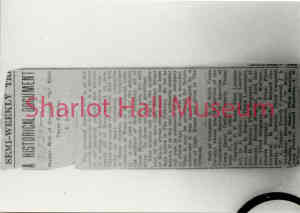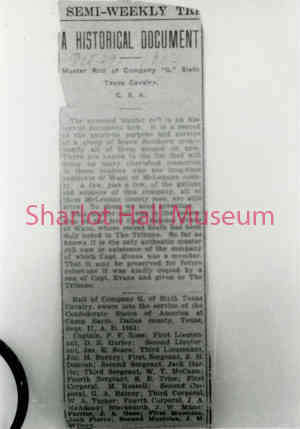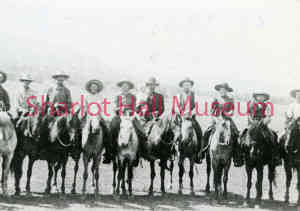By Lily Blackwell
Since 1997 Chino Valley FFA has sponsored the Chino Valley Corn Dinner. However, the roots of this event date back to 1950 when the women's fellowship of Chino Valley Community Church hosted the first gathering. Called “Corn Roast,” funds raised were used to support the church's mission trips and projects. The dinner typically consisted of beef, a vegetable, dessert and all the corn you could eat. During the first “Corn Roast” the corn was cooked in the church basement or outside over an open fire. Over time, volunteers and attendees increased, and moving to an elementary school cafeteria allowed for steady growth.
Read More






